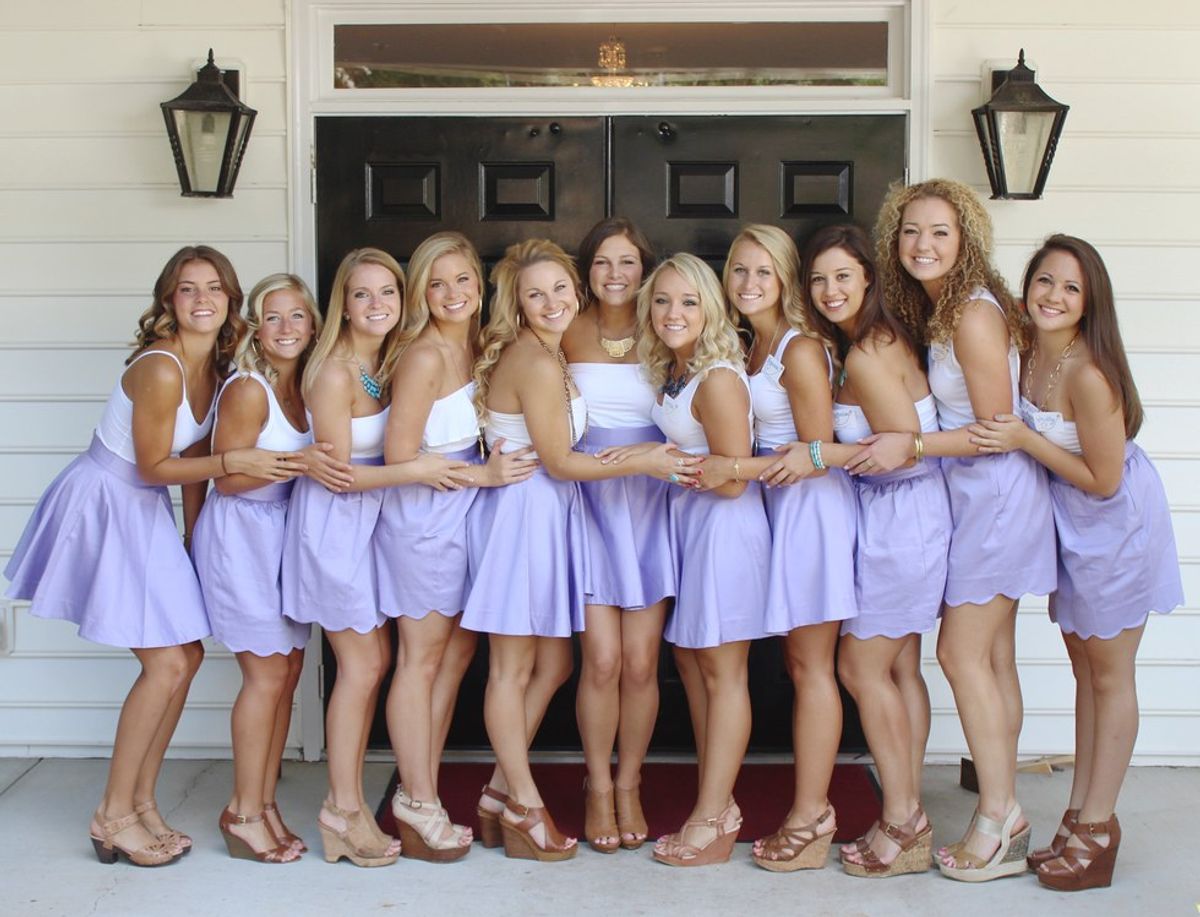"We all have such richness in us-the lives we have lived, the people we have loved, all the things we have longed for. Wherever we go, whatever happens, we carry this richness within us. Whatever is done to us. Whatever is taken from us. We should always be grateful for every gift life gives us, and cherish what we have."
When the British island of Guernsey, located in the English Channel, is taken over and occupied by German soldiers during WWII, Vivienne worries that she will not be able to protect her mother in law and two daughters from the savage horrors of war while her husband is off fighting. But when a small group of soldiers move into the house next store, and Vivienne and one of the officers begin to fall in love, she learns that life is more than just simple black and white.
I absolutely adored this book, and for so many reasons. I found it to be extraordinarily fascinating to see a story from the side of people in occupied territory during WWII. What was it like to have your town, your home, taken over by the enemy? How do you survive? How do you cope? How do you protect yourself and your loved ones? It's not a situation that many of us have to ever contemplate, thank goodness, but it does bring that period of history to life in a very real way. Additionally, the writing itself is simply exquisite. The lush and vivid descriptions of the beauty of the island of Guernsey made me completely fall in love with the place and feel as if I were really there. Here is one of my favorite passages;
Blanche and I would cycle down the lane that leads to the shore, a lane that is shadowed and secret with branches that meet overhead and musical with the singing of the streams that run down to the water there; and then suddenly we would come out into light at the end of the lane, to the beach that is held between tall cliffs like a jewel cradled between cupped palms, to the sleek wet sand and the glistening jade-green clarity of the sea.
I also loved how very honest this book is. Despite the forbidden romance that took place, it was not a story that showed the war through rose-colored glasses, so to speak. War is horrific and brutal, and that fact is demonstrated quite accurately throughout this book. But I honestly feel like the story was made even more beautiful because of this. Because when it comes down to it, this is a story about people and human nature, and the way hope and love survive even in the darkest of times.
"The thing is-I'm not very practical," I tell him. "It would be useful now, with the shortages and everything, if only I were more practical, if I were a different kind of person. I suppose I wasn't really designed for such times."
He smiles slightly, but I see a kind of sadness in his eyes.
"There are few of us, Vivienne, who were designed for such times."
And honestly, this book really summed up for me in one conversation between two characters the stark reality of human nature during World War II, or of any time really. Not everyone who fought was an evil person. We may tend to automatically assume that every soldier that fought for the Germans was corrupt. But that wasn't necessarily the case. In many instances they were people who were fiercely loyal to their country, and truly believed they were in the right. There is never any one true way to look at a situation, something that is shown very poignantly in this novel.
"I have to tell you," he says, haltingly. "We didn't know the things that were being done in our name. Many of us who served in the army, believing in our country-that we had to restore our pride, to recover the land we had lost-when we saw what had been done, we wept....Not all of us, but some of us."
"How could you not have known?" I struggle. There are no words big enough. "I mean-even here, on Guernsey-you could see the brutality."
"You do your job," he says. "You do what you have to do. You don't always look around you. You don't think about everything. You may feel that is wrong, and you would be right to feel that. But that is how people behave. Most of us, most of the time. People behave how they are told to behave, as those around them behave."
When you grow up you learn in history class that wars are black and white. This side was good, and that side was bad. But then when you look more closely at the situation, and all the varying factors that play into it, you find that isn't the case at all. It's just people, acting as people do, with all their varying shades of gray. So basically, this was a very human story. And it made me empathize with many of the characters, even ones I wouldn't have expected to.
"The world is so full of terrible things. All you can do is be kind....."
If WWII fiction is something you are interested in, here are a few other titles you may enjoy: The Nightingale by Kristen Hannah, Suite Francais by Irene Nemirovsky, and Skeletons at the Feast by Christ Bohjalian.



























